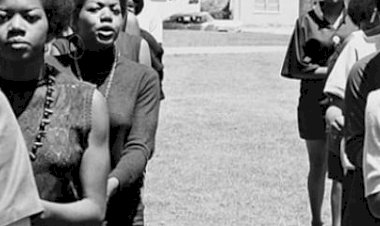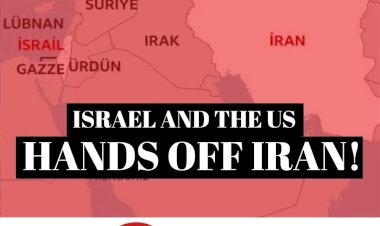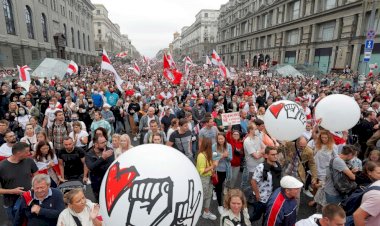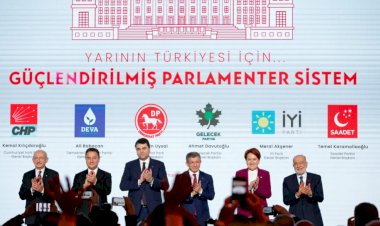The Class Struggle is Sharpening in Argentina
Written by Emir Bulut.
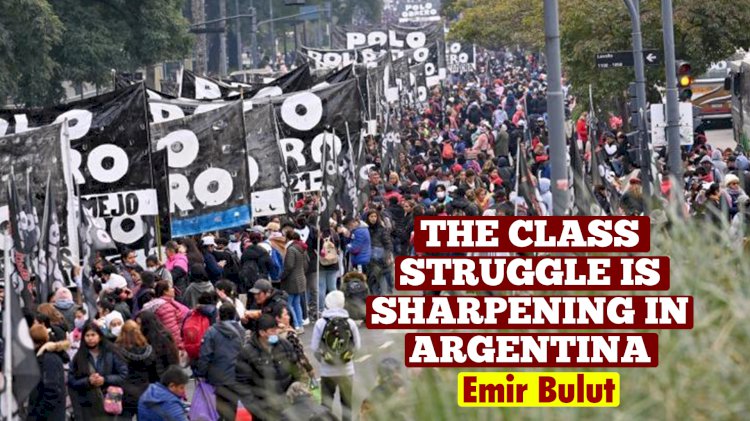
With Javier Milei winning the elections, a critical period began for the Argentine working class. Milei, the chainsaw-wielding far-right warrior of international capital, is preparing to lay the foundations of presenting Argentina to the capital on a silver platter. With the 664-article omnibus bill submitted to the parliament, a serious attack is beginning on the workers' fought-for rights and historic political democratic gains. A "shock therapy plan" that has not been seen in a long time awaits Argentina. These attacks mean that a period of heated class struggle will start in Argentina, which is the center of organized revolutionary forces.
The arrival of Milei government has embarked on an aggressive austerity policy because the possibility of a decrease in social support in a short time is very high. He acts quickly. A cut of 5 percent of the gross national product is expected in public expenditures, and these cuts include health, education, and transportation services as well as subsidies for basic needs such as gas, electricity, and water. For example, these cuts mean that a 700 pesos electricity bill will increase to 4000 pesos. With the 50 percent devaluation of the Argentine peso, one dollar jumped from 366 pesos to 800 pesos. In response to this loss of value and the price increase that will come with it, workers will face a serious meltdown in their purchasing power amid high unemployment and widespread poverty.
The changes that will come in the upcoming period also include attacks on democratic rights and labor rights. The doors will be opened for employing unregistered workers. Employers will have a stronger hand against their employees, workers will be forced to work insecurely with short-term or semi-intermittent employment contracts, easier dismissals, and reduced compensation. While workers' right to strike is threatened, closing the entrance of the workplace will be grounds for dismissal. There are also tens of law proposals to weaken unions. Giving landlords the right to increase their rents without interference and accept payments only in dollars are part of Milei's new law proposals. The omnibus bill will also support changing the electoral system in a way that produces results for major parties, at the expense of left-wing parties.
Because Milei has a small minority in the parliament and the senate despite winning the elections, the legislative proposals passed from the commission to the parliament with the support of the right-wing Peronists. Apart from the problem of passing the laws in the parliament, the biggest hurdle that Milei has to deal with is the mass protests. As soon as Milei came to power, popular struggle in Argentina began to rise fueled by revolutionary forces and, consequently, spontaneous demonstrations by the people. Milei, who points out the rights of the poor people calling them “parasites”, hates labor strikes and declares that he will declare war on the right to abortion, which was won through mass struggle in 2019. He is carrying out attacks on the rights to protest and strike to implement cut packages. Those who participate in the protests are threatened with losing their jobs and their rights to benefit from state facilities. The immigrants are threatened with deportation.
On December 20, as soon as Milei's election victory became clear, FIT-U, the common umbrella of the revolutionary front, quickly took to the streets with thousands of workers from poor neighborhoods all over the country, especially in Buenos Aires. Protests were banned from taking to the main streets, and despite a serious police buildup, the government remained helpless in the face of the large masses. They could not create the atmosphere of fear they desperately tried to create. The reaction of the masses and the pushing force of the socialists among the grassroots now forced a general strike in Argentina. The General Confederation of Labor (CGT), Argentina's largest union confederation, announced the general strike that will begin on January 24.
The main unions, especially the CGT and CTA, are under the control of the ruling class’s Peronist wing. Peronists had lost power as a result of IMF agreements, impoverishment, and high inflation. The Peronist wing of the ruling class and Milei's attacks harshly unleashed the anger of the working people and the CGT was forced to announce a general strike to manage grassroots pressure for the sake of the ruling class. The characteristics and the level of organization of the upcoming strike are kept unclear. This strike is intended to keep the mass movement under control. However, revolutionary forces are also declaring that they will fight for this strike to exceed its natural limits.
The great mass uprisings of 2002 created a pre-revolutionary situation in Argentina and alarm bells rang in the ranks of the ruling class. As a result of the uprising of poor and unemployed neighborhoods, rights such as subsidies and food support were brought to the agenda. Now, in the face of Milei's attacks on these rights in the first weeks in his office, revolutionaries are making great efforts to quickly win the masses to the motivation to struggle. On the one hand, the Peronists are trying to control the movement with their union bureaucracy, but on the other hand, since this decision was taken under the pressure of the working class, things are not so easy for the ruling class. FIT-U, the common front of revolutionaries who can march hundreds of thousands, constantly intervenes to organize workers at the grassroots level against the union bureaucracy and is constantly on the field for the mass struggle of poor neighborhoods.
The capitalist crisis is deepening around the world. Far-right figures are emerging, imperialist tensions are rising and the crisis is being burdened on working people. The struggle of the workers of Argentina is an important arena for the liberation of working people around the world.



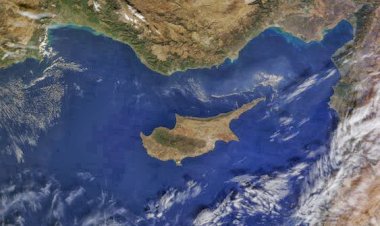
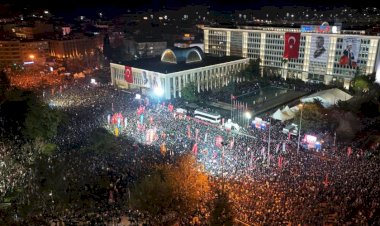
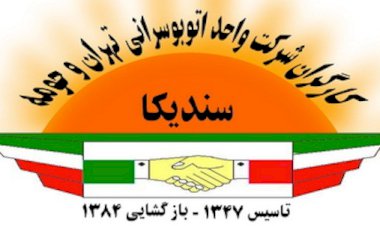
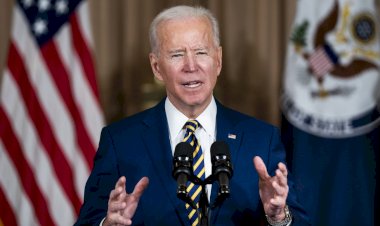
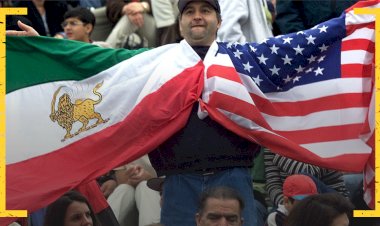
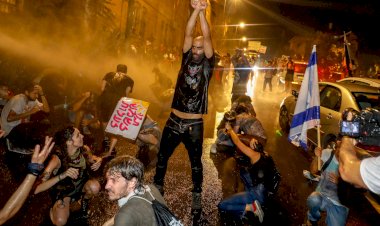



















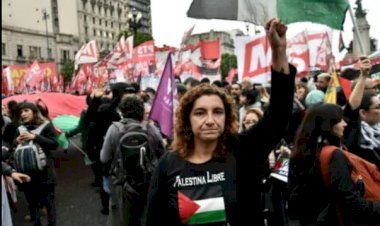
![Breaking news: Reza Shahabi And Hassan Saeedi, The Imprisoned Members of The Syndicate of Workers of Tehran and Suburbs Bus Company, Were Released [Today, September 1, 2024]](https://socialistmiddleeast.com/uploads/images/image_380x226_66d58ec4962c1.jpg)


